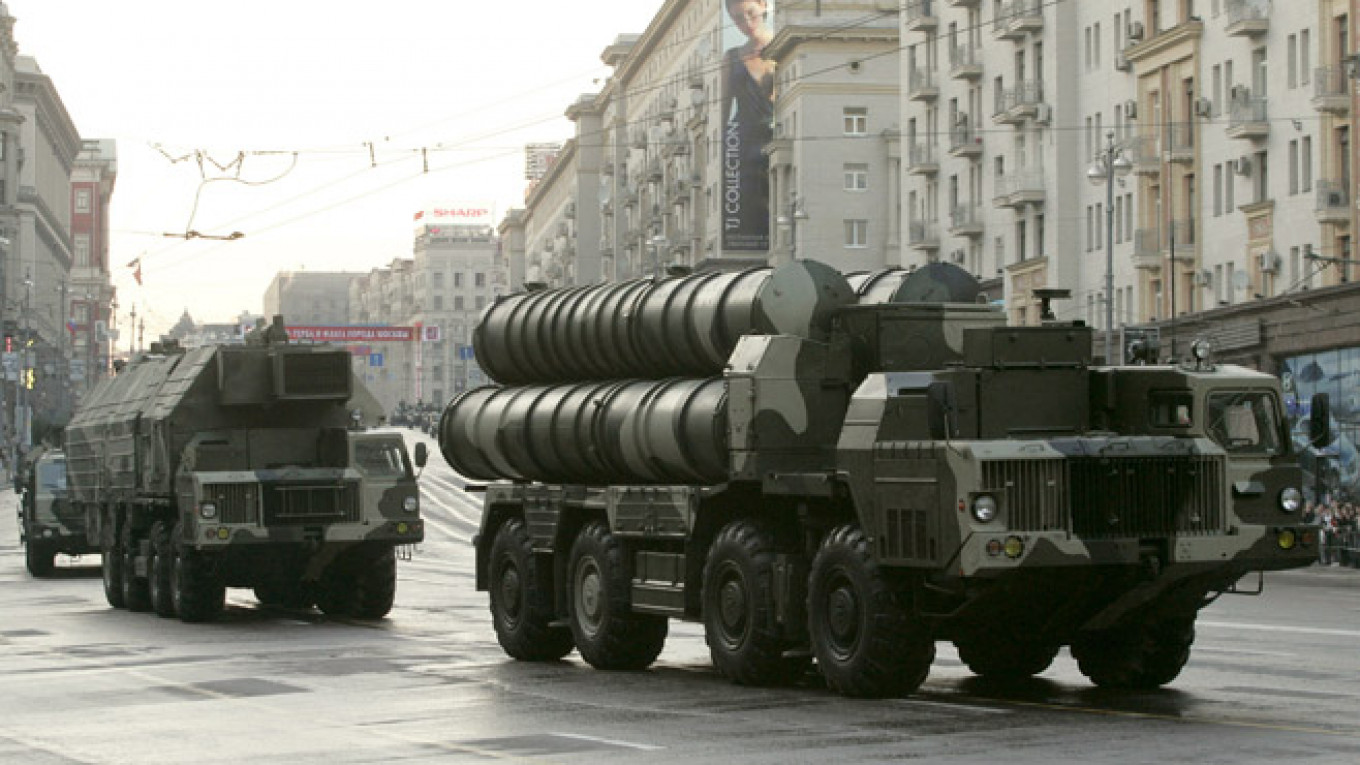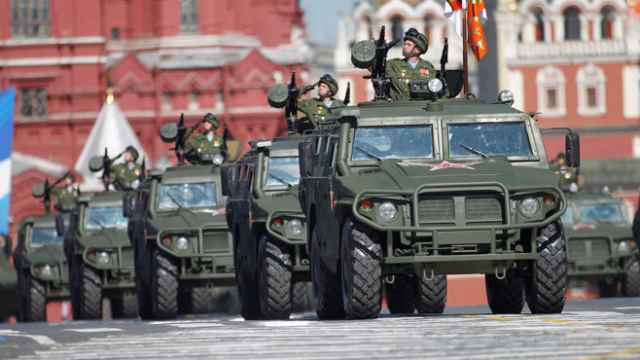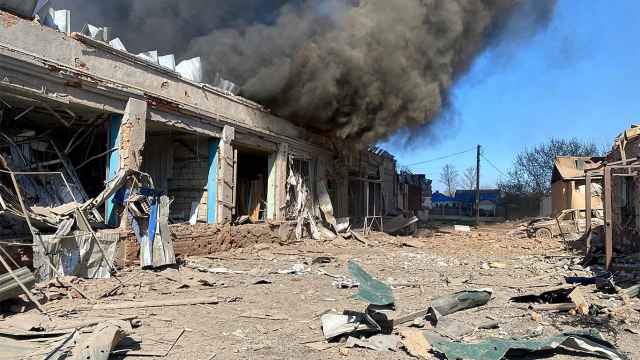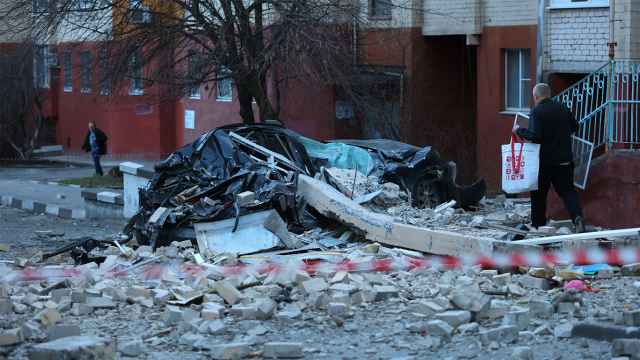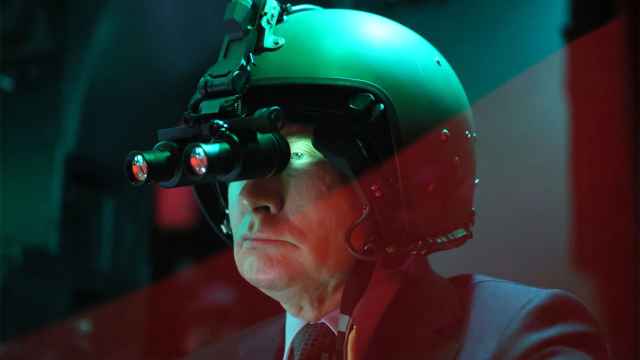Observers have interpreted President Vladimir Putin's recent decision to lift the ban on shipping Russia's S-300 air defense systems to Iran as a sign that the Kremlin intends to immediately deliver those weapons.
However, in doing so they forget that delivery is anything but certain. In fact, no such decision has been made, and in all likelihood, will never be made.
The reality is that the contract signed in 2007 and interrupted by order of then-President Dmitry Medvedev in 2009 cannot simply be reactivated as if the weapons were loaded on trains and had been sitting in readiness for immediate delivery all these years.
The fact is, the weapons systems that Russia built to fulfill the 2007 contract no longer physically exist. The permissible storage period for some of their components expired long ago, and keeping them in usable condition would have required a major investment that neither the manufacturer nor the Russian government was willing to pay.
That raised the question of what to do with the weapons. Because they were custom-built to Iran's specifications, the Russian armed forces could not use them in the same way it had assimilated the MiG-29s that Algeria refused to purchase in 2007. Ultimately, Russia decided to dismantle the weapons intended for Iran and use them for parts.
The legal status of the transaction has also changed. Iran is now demanding not only delivery of the weapons — for which it had already made partial payment — but also that Moscow pay a penalty of $4 billion for breach of contract.
If Tehran shows interest in renewing the project, the two sides will have to draft a new contract, while at the same time searching for a resolution to Iran's demands that Russian pay a hefty penalty.
Regarding the technical parameters, some reports indicate that the S-300PMU-2 system that Iran ordered back in 2007 is no longer in production. That means Moscow will offer Tehran either the S-300VM Antey system or the newer S-400. With a backlog of several years on foreign and domestic orders for both systems, it is unlikely that the weapon will appear in Iran anytime soon.
But that is not the main concern. The problem is that Moscow cannot be certain Iran even wants to purchase Russian air defense systems, or any Russian weapons for that matter. In the past 20 years, Russia has twice unilaterally terminated military and technical cooperation with Iran — in 1996 with the infamous Gore-Chernomyrdin Protocol, and in 2009 when it voted in favor of an arms embargo against Iran.
The decision to back out of the deal in 1996 stemmed from the country's extremely weak political and economic condition at the time. By contrast, the anti-Iran demarche in 2009 was far more opportunistic and cynical. Moscow not only buckled under the usual pressure from the United States and Israel, but also naively fell into a trap set by Saudi Arabia.
Riyadh promised to purchase $10 billion in Russian weapons if Moscow would use its vote on the UN Security Council to support sanctions. And after the embargo was imposed, Saudi Arabia only placed an order for a measly shipment of machine guns, retracting its promise to buy hundreds of Russian tanks and helicopters in a pointedly humiliating manner.
So, Iran has every reason not to trust the Kremlin, and not to make the same mistake a third time. What's more, alternatives to Russian weapons that are far more attractive both politically and technologically have appeared on the market in recent years.
Iran is developing its own defense industry as well. The result is that if Russia has not already lost the Iranian market, it hardly enjoys a privileged position there. And even if the project for Moscow to supply Iran with air defense systems resumes, it will be a difficult and problematic process that will require years to bring to fruition.
Konstantin Makienko is deputy director of the Center for Analysis of Strategies and Technologies (CAST).


